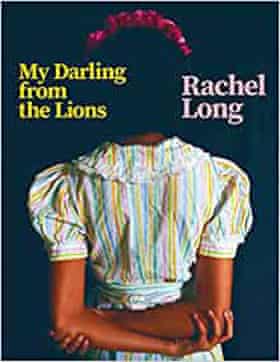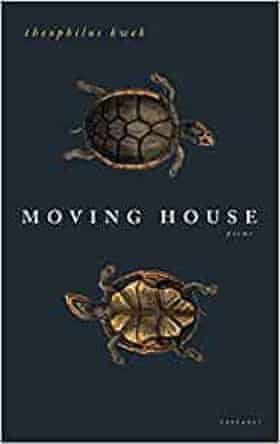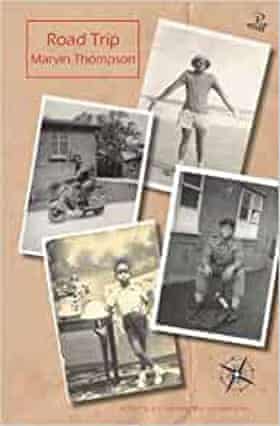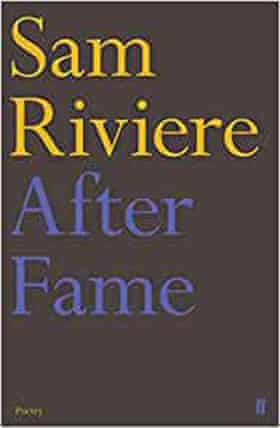 |
| Rachel Long makes the unfamiliar feel perfectly natural in My Darling from the Lions. Photograph: Roberto Ricciuti |
The best recent poetry – review roundup
My Darling from the Lions by Rachel Long; Moving House by Theophilus Kwek; Road Trip by Marvin Thompson; After Fame by Sam Riviere
Rishi Dastidar
Sat 8 Aug 2020 12.00 BST

Rachel Long’s My Darling from the Lions (Picador, £10.99), nominated for the Forward first collection prize, is alive with a breathless energy. The founder of the Octavia Poetry Collective for Womxn of Colour, Long writes with keen wit and delight in rendering the world new; an estate is described as “built like Tetris”, afros become orbs, dolls become a means by which to write about identity with a refreshing verve. There is pain woven alongside the giddy sensuality and sharp precision too (“A diary / isn’t a diary till / you won’t show anyone”). She is especially good at making the unfamiliar feel perfectly right and natural: “And even though I was green / I was The Most Beautiful Woman in the World.” A book of “serious play”.

Moving House (Carcanet, £10.99), Theophilus Kwek’s first collection, is full of dislocations and is concerned with the difficulties of traversing through and between worlds: the living and the dead, the past and present, the UK and Singapore. His poems are keenly aware that the scariest place to exist is on the edges of a space, but the stately, serene pacing should not blind you to the keen political intelligence at work. Kwek calmly and consistently draws attention to the overlooked – domestic workers, soldiers killed in training, drowned refugees – in ways that ask, gently, how much you can and must care: “so the storms, / abundant, must send their ships elsewhere // to drop anchor beyond the locked heart / of the bay”.

Another debut, Marvin Thompson’s Road Trip (Peepal Tree, £9.99), is an invigorating journey through complexities of black British family life. A ghost, perhaps his father, who served in the British army, returns to the poet, “‘re-born,’ // he told me, / ‘over and over’”, from the Peterloo massacre to Aden to Helmand. This imperial legacy is further explored as Thompson reports on bringing up his children in the Welsh countryside, worrying what happens if they “choose / to identify // as White / in a Britain // that will call them Black?” In “An Interview With Comedy Genius Olivier Welsh” a less than successful comedian wonders why his career hasn’t gone quite to plan. But what appears to be whimsy is actually a sharp weapon: “Maybe then, the truth’s just been revealed: / the Black part of me’s not funny at all.”

Following 81 Austerities and Kim Kardashian’s Marriage, Sam Riviere’s After Fame (Faber, £10.99) is the latest in his “process-derived” collections. This time his source material is the Roman poet and epigrammatist Martial, who first coined the term plagiarism. After Fame is a version of Martial’s Book I, sitting somewhere between machine translation, re-creation and remix. As Riviere (or is it?) puts it: “This volume aims to discover whether you can game a poem’s legislation from within.” However they have been created, these poems have a savage humour and satiric intent. Their effect is of a deadpan ghost come back to stand at the edge of a party, providing gobbets of acidic commentary on contemporary mores, while reminding us that little changes, especially when it comes to writers, and their vanity: “If you sign the petition / then I’ll remove my name / (the only reason you added your signature)”.


No comments:
Post a Comment